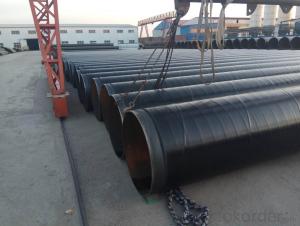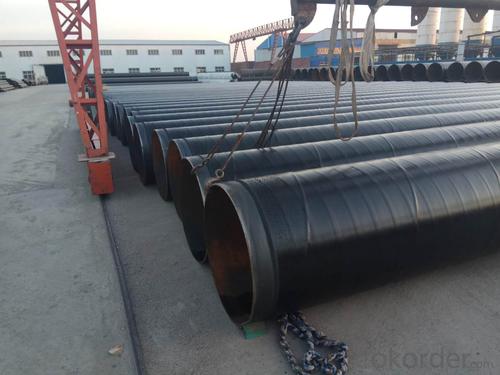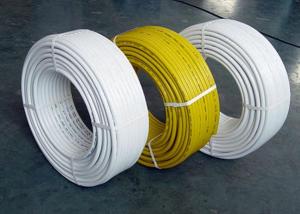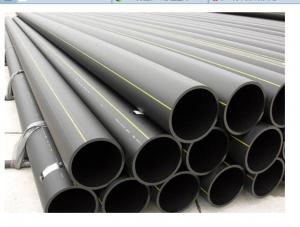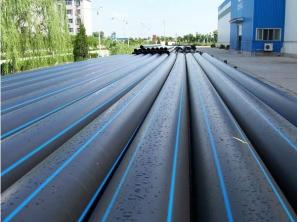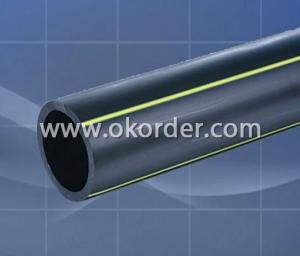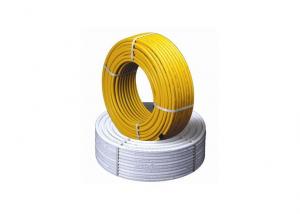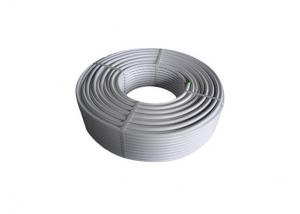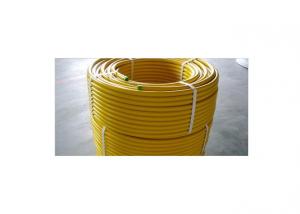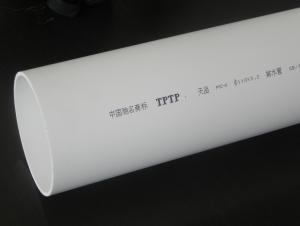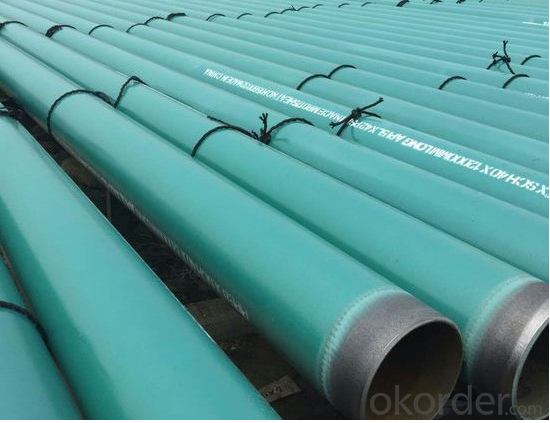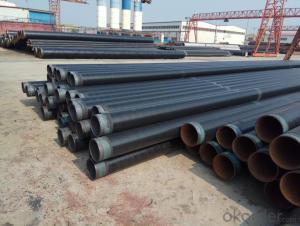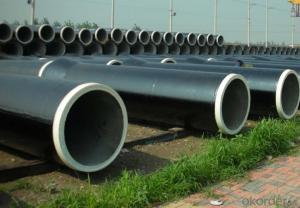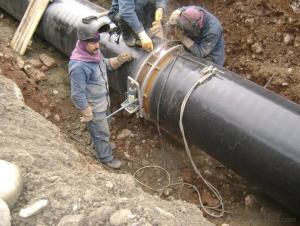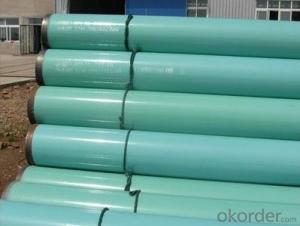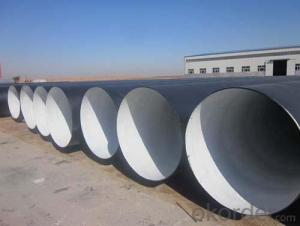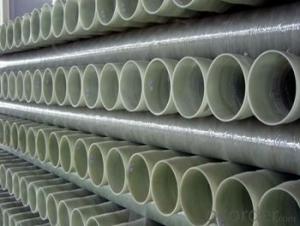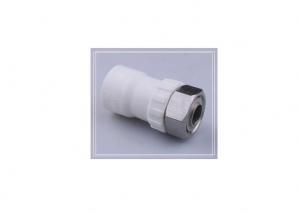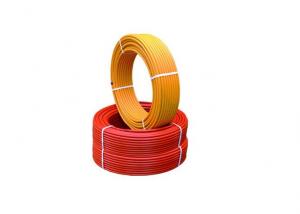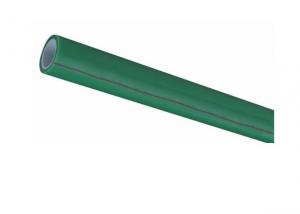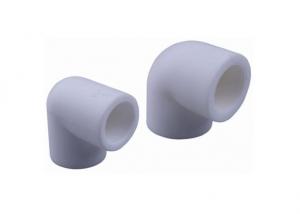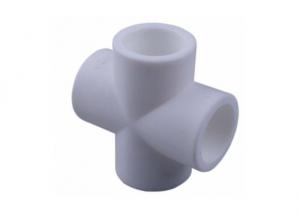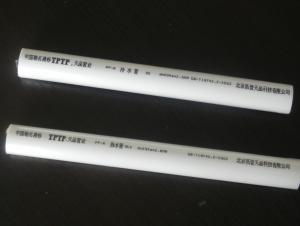Composite Strengthening Grade 3PE Anticorrosion Gas Pipeline 3PE Anticorrosion Steel Pipe
- Loading Port:
- Tianjin
- Payment Terms:
- TT OR LC
- Min Order Qty:
- 655 m²
- Supply Capability:
- 15000 m²/month
OKorder Service Pledge
OKorder Financial Service
You Might Also Like
3PP anticorrosion: pipeline three layer PP corrosion protection structure: the first layer of epoxy powder (FBE50 to 100um), two layers of adhesive (AD) 250 ~ 400um, three layers of polypropylene (PP) 1.4 ~ 4.0mm. The three materials are integrated into one, and are firmly combined with the steel tube to form a good anticorrosive coating. The temperature of the anticorrosive coating can reach 110 degrees.
Diameter range from 60 to 1420GB/T23257-2009
The upper and lower limits of the thickness of the film. According to the regulation of table 2.0.2 in the SY/T0413-2002 standard, it is 170-250 u m, and this thickness is not a problem for the circular mold coating line. For the winding operation line, this thickness can not guarantee the actual grafting glue of the 3PE anticorrosion adhesive in our country. The copolymer is actually a 3PE anti-corrosion first band adhesive. The product of acrylic anhydride grafting, so it should be called graft adhesive more appropriate; the current industry standard SY / T0413-2002 four items of confocal tar. The adhesive wrapped in epoxy powder on the middle of the steel tube is beneficial to the adhesion between the steel pipe and PE.
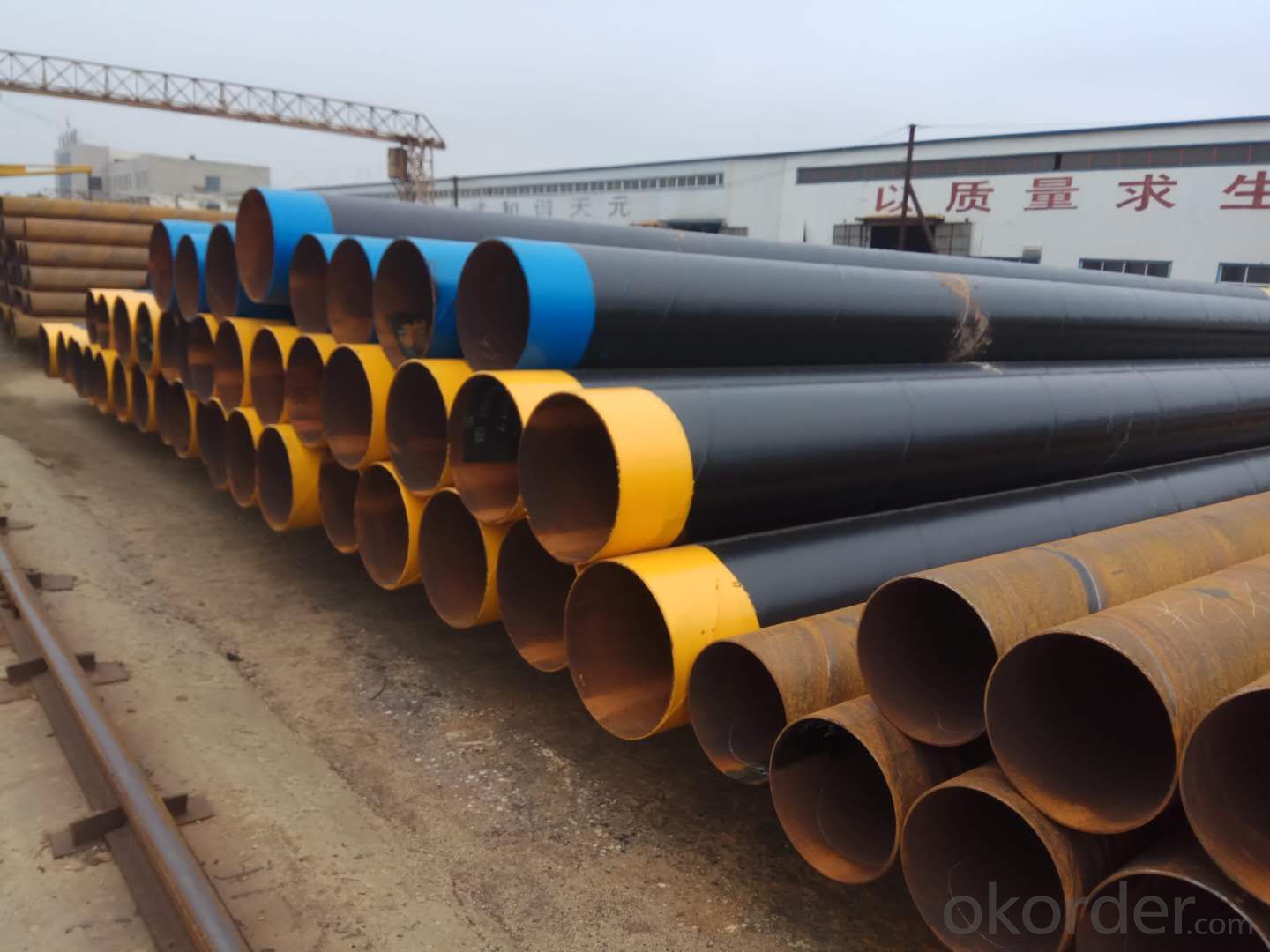
Polyethylene is mainly high density polyethylene (HDPE), and the softening point of VEKA is not less than 110 C, and the thickness of the high temperature area not more than 220 degrees is determined by the German standard DIN30670-1991, which is mainly low and medium density polyethylene. The impact strength of 3PE anticorrosion layer is greatly improved and the quality of pipeline construction is guaranteed. SY/T0413-2002 also greatly improves the peeling strength and impact resistance of the 3PE anticorrosion layer, and clearly stipulates the carbon black content of some special materials, which ensures the mechanical strength and the touch performance of the 3PE anticorrosion layer, and increases the peeling strength of the patch. (i.e. the peeling strength of primer steel with heat shrinkage sleeve and heat shrinkage belt) sampling frequency has contributed to guaranteeing the quality of external anticorrosive coating of pipeline.
- Q: How do composite pipes compare to HDPE pipes?
- Composite pipes and HDPE pipes are two different types of piping systems with distinct characteristics. Composite pipes are made of multiple layers of different materials, such as fiberglass, resin, and plastic, which are combined to create a strong and durable pipe. These pipes have excellent resistance to corrosion, chemicals, and UV rays, making them suitable for various applications. They also have high tensile strength and can withstand high pressure and temperature, making them ideal for industrial use. However, composite pipes can be more expensive and require specialized installation techniques. On the other hand, HDPE pipes are made of high-density polyethylene, a thermoplastic material known for its flexibility, durability, and resistance to corrosion and chemicals. HDPE pipes are lightweight, easy to install, and have a long service life. They are commonly used in water supply systems, irrigation, and underground drainage. HDPE pipes are cost-effective compared to composite pipes and require minimal maintenance. Overall, composite pipes are preferred for heavy-duty applications where exceptional strength and resistance to harsh conditions are required. HDPE pipes, on the other hand, are more suitable for general-purpose applications due to their affordability, ease of installation, and durability. The choice between composite pipes and HDPE pipes depends on specific project requirements, budget constraints, and the intended use of the piping system.
- Q: Can composite pipes be used for stormwater management systems?
- Yes, composite pipes can be used for stormwater management systems. Composite pipes are designed to have high strength, durability, and resistance to corrosion, making them suitable for various applications including stormwater management. They offer advantages such as easy installation, reduced maintenance, and longer service life, making them a viable option for managing stormwater effectively.
- Q: Are composite pipes suitable for underground installations?
- Yes, composite pipes are suitable for underground installations. Their unique design, combining different materials, provides excellent resistance to corrosion, chemicals, and impact. Additionally, composite pipes offer high strength-to-weight ratio, making them durable and easy to handle during installation. They also have superior thermal insulation properties, reducing the risk of freezing or condensation. Overall, composite pipes are a reliable and cost-effective choice for underground applications.
- Q: Are composite pipes more durable than metal pipes?
- Composite pipes are generally considered to be more durable than metal pipes. This is because composite pipes are resistant to corrosion, have high strength-to-weight ratio, and can withstand harsh environmental conditions. Additionally, composite pipes are less prone to cracking, leaking, and scaling, making them a reliable choice for various applications.
- Q: How does a composite pipe differ from a traditional pipe?
- A composite pipe differs from a traditional pipe in that it is made up of multiple layers of different materials, such as fiberglass, carbon fiber, or plastic, which are bonded together. This makes composite pipes lighter, more durable, and resistant to corrosion compared to traditional pipes made of a single material, such as metal or plastic. Additionally, composite pipes have better thermal and chemical resistance, and they offer improved flexibility and ease of installation.
- Q: Are composite pipes suitable for use in industrial applications?
- Yes, composite pipes are suitable for use in industrial applications. Composite pipes offer numerous advantages such as high strength, corrosion resistance, and lightweight, making them ideal for industrial settings where durability and efficiency are essential. Additionally, composite pipes can withstand high pressures and temperatures, making them suitable for a wide range of industrial processes.
- Q: How to connect the steel tube and the steel tube?
- The connection of wire mesh frame and plastic composite pipe is made up of two kinds of electric heating welding and flange connection
- Q: Can composite pipes be used in cold climates?
- Yes, composite pipes can be used in cold climates. They are designed to withstand extreme temperatures and are resistant to freezing and cracking. Composite materials have excellent thermal insulation properties, which helps to prevent heat loss and maintain the desired temperature of the fluid flowing through the pipes. Additionally, composite pipes are lightweight, durable, and corrosion-resistant, making them a suitable choice for various applications in cold climates.
- Q: What materials are commonly used in composite pipe construction?
- Common materials used in composite pipe construction include fiberglass, carbon fiber, resin, and sometimes aramid fibers. These materials are chosen for their strength, durability, and resistance to corrosion, making composite pipes a reliable and cost-effective choice for various applications.
- Q: Are composite pipes resistant to chlorine degradation?
- Yes, composite pipes are generally resistant to chlorine degradation. Composite materials, such as fiberglass reinforced plastic (FRP) or high-density polyethylene (HDPE), are known for their excellent chemical resistance properties, including resistance to chlorine degradation. This resistance makes composite pipes a suitable choice for applications involving the transportation of water or other fluids containing chlorine.
Send your message to us
Composite Strengthening Grade 3PE Anticorrosion Gas Pipeline 3PE Anticorrosion Steel Pipe
- Loading Port:
- Tianjin
- Payment Terms:
- TT OR LC
- Min Order Qty:
- 655 m²
- Supply Capability:
- 15000 m²/month
OKorder Service Pledge
OKorder Financial Service
Similar products
Hot products
Hot Searches
